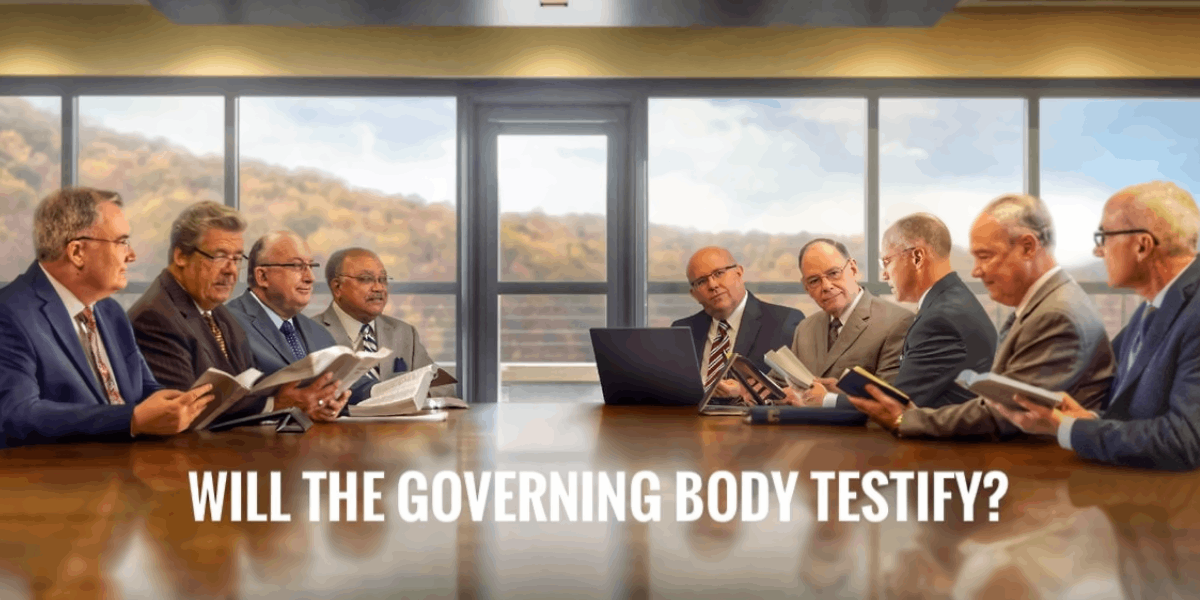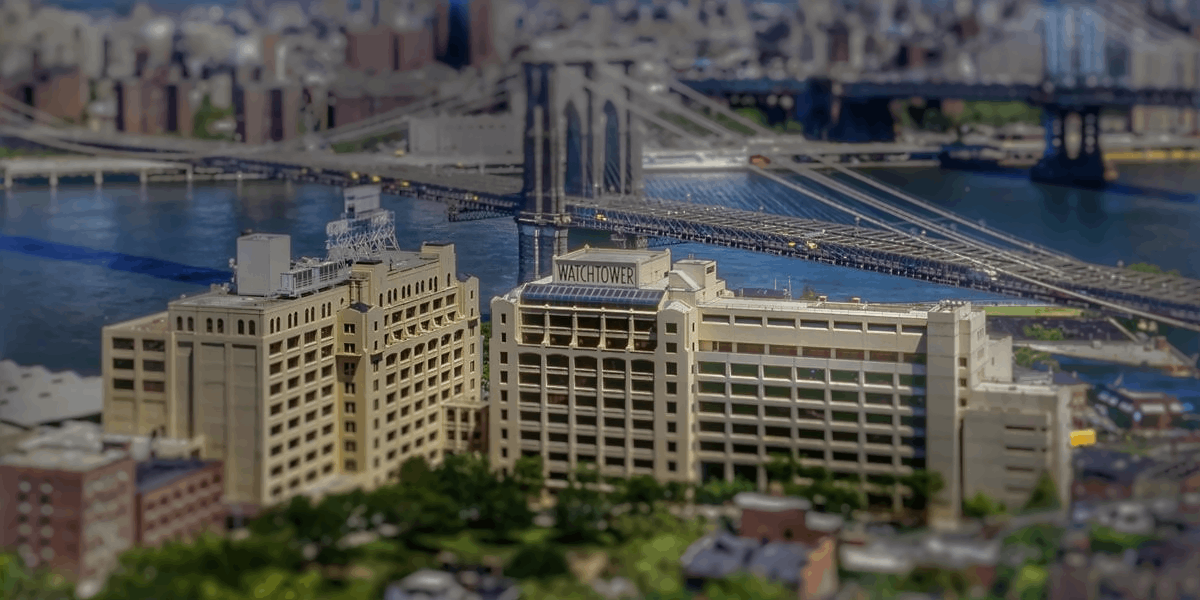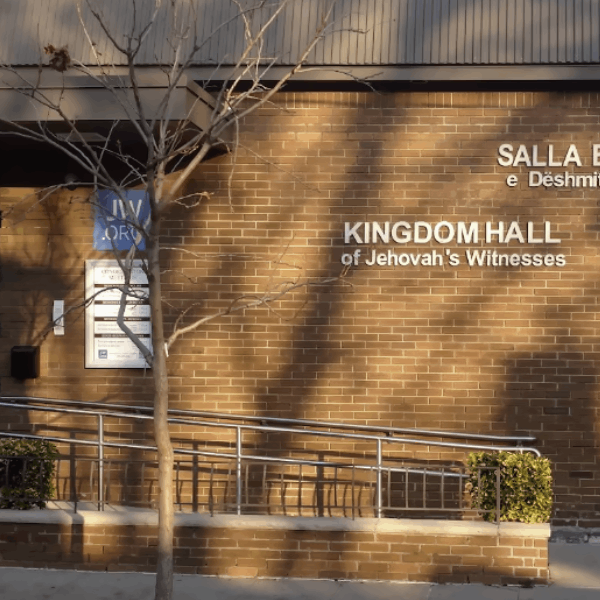More than 11 years revealing secrets because there is no excuse for secrecy in God’s true religion – The Watchtower, June 1st 1997; Dan 2:47; Matt 10:26; Mark 4:22; Luke 12:2; Acts 4:19, 20.

A New York court may soon decide whether the Jehovah’s Witnesses’ Governing Body can be compelled to testify in a high-stakes sexual abuse lawsuit—raising the stakes for the religion’s top leadership amid mounting legal pressure and claims of institutional concealment.
Written and published by Miss Usato, May 4th, 2025
The Governing Body and 75 unnamed individuals
In a major legal filing in Kings County, New York, the Jehovah’s Witnesses organization is once again under fire for its failure to protect children from sexual predators within its ranks. The lawsuit, filed in February 2025, outlines a shocking account of childhood sexual abuse perpetrated by a trusted member of the faith community, and the organizational cover-up that allegedly enabled it.
The complaint, brought by a woman identified as the plaintiff, outlines six causes of action—including negligent hiring, failure to warn, and intentional infliction of emotional distress—against multiple corporate entities associated with the Jehovah’s Witnesses: the Watchtower Bible and Tract Society of New York, Christian Congregation of Jehovah’s Witnesses (CCJW), the Governing Body, and up to 75 unnamed individuals (referred to as “DOES 1-75”). If you think this is fake news, please click on the above links to see the court documents.
Abuse at Bethel

The Criminal case is regarding abuse that occurred from 1991 to 1994 at the Kings Highway Congregation of Jehovah’s Witnesses. Located at Central to the case is an elder referred to as “GREEN” (Ronald Mark Harding, a ministerial servant at that congregation) who was reportedly granted unsupervised access to the plaintiff, then a minor, at the Jehovah’s Witnesses’ world headquarters known as Bethel in Brooklyn Heights. According to the complaint, Green sexually abused the plaintiff on multiple occasions on Bethel property, often during times when she was left alone with him under the knowledge and authority of senior congregation figures.
The plaintiff alleges that Watchtower and CCJW failed to conduct appropriate background checks or adequately monitor Green, despite “actual and/or constructive notice” that he posed a danger to children. The third cause of action—negligent hiring and retention—accuses the organization of placing a known or knowable predator in a position of trust and authority, a pattern seen in other high-profile cases involving the religious group.
In the fourth cause of action, the plaintiff accuses the defendants of a broader institutional failure: the negligent failure to train, educate, or warn members, especially children and their families, about the signs of grooming and sexual abuse. The complaint points out that no meaningful abuse prevention training was offered and that policies aimed at safeguarding children were either nonexistent or deliberately ineffective.
The fifth and sixth causes of action focus on the emotional and physical toll the abuse has taken on the plaintiff. She alleges severe emotional distress, anxiety, humiliation, and lasting psychological trauma resulting from both the abuse itself and the way the organization handled it. She is seeking compensatory and punitive damages exceeding lower courts’ jurisdictional limits.

Zalkin Law Firm
The plaintiff is represented by Zalkin Law Firm, a prominent legal team that handles abuse cases against religious organizations. They have been actively investigating Jehovah’s Witnesses since at least 2012. Their track record includes several high-profile settlements and trials involving the Jehovah’s Witnesses, raising hopes that this case may push the organization toward systemic reform, or at least public accountability. Over the years, the firm has represented numerous survivors in lawsuits against the Watchtower Bible and Tract Society and related entities, addressing allegations of abuse and institutional cover-ups.
The complaint accuses Watchtower and CCJW of “ratifying” the abuse by failing to act, even after they were allegedly made aware of his conduct, and even pressuring the victim into silence. These allegations, if proven, suggest not only gross negligence but potentially criminal culpability in shielding a known abuser. This case is one of many filed in recent years against Jehovah’s Witnesses entities worldwide, most by Zalkin Law Firm. Advocates say that the organization’s internal judicial process, which prioritizes confidentiality and disfellowshipping over justice and accountability, continues to put children at risk, and they have listened.
What needs to happen for the Governing Body to testify?
There is a real possibility that members of the Governing Body of Jehovah’s Witnesses could be compelled to testify — but it depends on several legal and procedural factors:
Relevance of their Knowledge or Actions. If the plaintiff’s legal team can demonstrate that the Governing Body is or was directly involved in decisions that harmed the plaintiff, then the court could rule that their testimony is material and necessary. Also, if they knew about the risk of abuse and created or enforced the policies that allegedly led to the abuse (like the two-witness rule or secrecy policies), or were directly involved in decisions that harmed the plaintiff.
Discovery and Depositions. Before the trial, both sides can request documents and question witnesses under oath. If the plaintiff’s attorneys request depositions of Governing Body members and the defendants object, it would likely lead to a legal fight over whether those individuals must comply. Courts have sometimes protected high-level executives or leaders under the “apex doctrine” (claiming they’re too high-ranking unless uniquely knowledgeable), but that protection is not automatic.
Suppose the Case Goes to Trial. If it does, instead of settling, and if the Governing Body’s actions or knowledge are central to the plaintiff’s claims, their testimony could be requested in person or via deposition recordings. The court could issue subpoenas if necessary.
Judge Kraus signing off on that motion. If he orders testimony from a Governing Body member, it would set a huge precedent, and Watchtower would likely fight it hard, possibly even filing appeals.
So, if Zalkin Law LLP can show that the Governing Body had specific knowledge or responsibility for the alleged failures and abuse, they absolutely can try to compel testimony. Whether they succeed depends on how the court views the necessity and relevance of that testimony. For more documents on this case, go to: Kings Country Supreme Court. This article will be updated when we learn more about this case.
Thank you to OperationAlarming700 on the SubReddit ExJW for posting about this case.